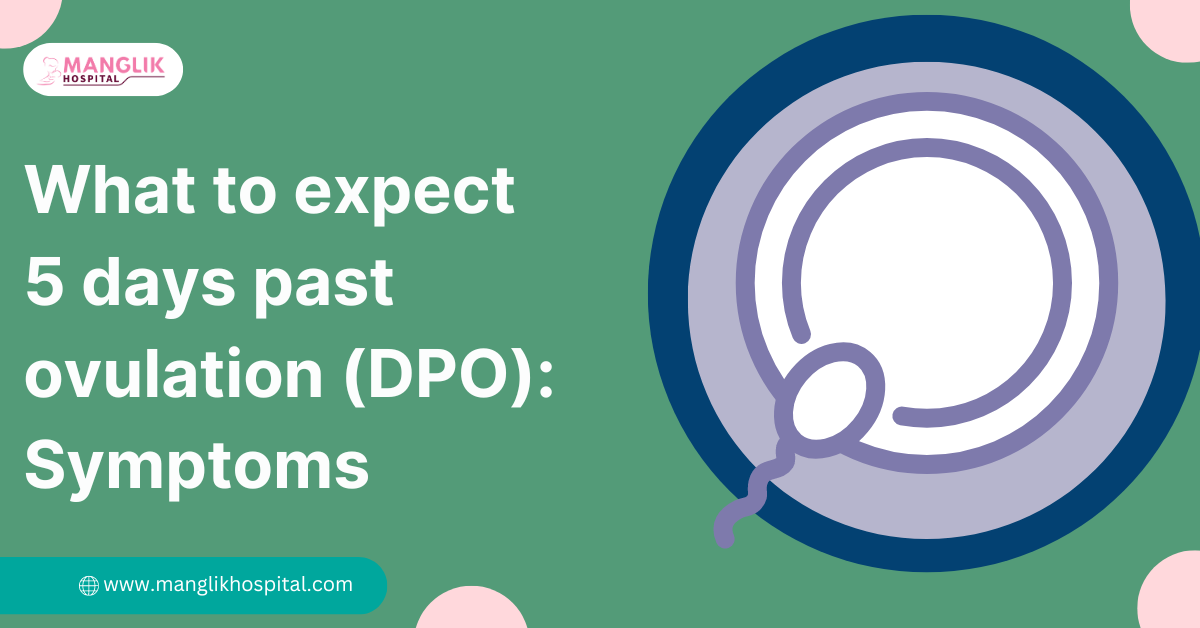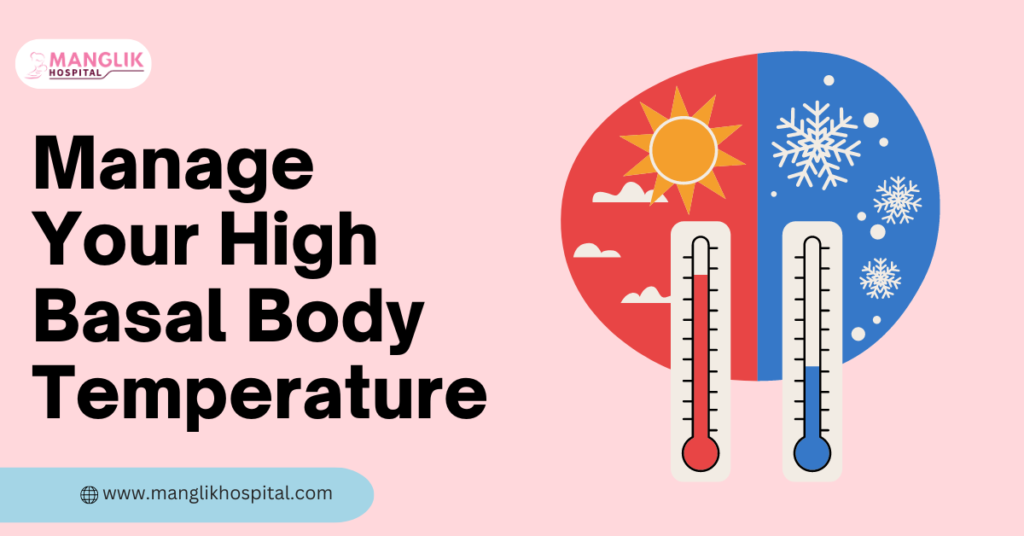
It is common for women who are attempting to get pregnant to start counting the days past ovulation (DPO). For those who are trying to design, knowing What to expect 5 days past ovulation becomes critical. At that point, worried about two-week wait period in search of the pregnancy test’s two pink lines starts. Pregnancy tests yield the most accurate results 15 days after conception, thus women are recommended to wait 15 days before using one. Although missing periods are the most obvious indicator of pregnancy, symptoms can appear in people as early as 5 DPO. Due to the unique nature of each pregnancy, symptoms may or may not appear five days postpartum, and each woman’s experience with these symptoms will vary in degree.
Table of Contents
The most accurate method of confirming a pregnancy is a blood test at the doctor’s office, but most women find the waiting period too stressful, so they just start observing any signs their bodies may be exhibiting. The earliest symptoms that might point to pregnancy are included below, as 5 DPO is too early for a trustworthy pregnancy test result.
Early Symptoms of 5 Days Past Ovulation (DPO) Cramps
Mild cramping are one of the most typical 5 DPO symptoms. Women may feel cramps in their lower back, abdomen, or pelvic. They are caused by implantation and resemble mild menstruation pains. Implantation is the process by which the fertilised egg hold itself to the lining of the uterus. The fertilised egg is a foreign object that causes the body to react with pains.
Bleeding or Spotting
Women may start to experience early bleeding or spotting at 5 DPO as a result of implantation. Both the hue and the flow of the blood are lighter than they are during menstruation. Early-trimester bleeding is frequent and not always cause for concern. Around 5 DPO, minor bleeding, spotting, or a brown discharge may be noticed by 15 to 25 percent of the women.
Nausea or Morning Sickness
Another symptom women may encounter 5 DPO is nausea or vomiting. Most women have morning sickness in the first trimester of pregnancy. Most pregnant women don’t experience nausea or vomiting until a few weeks into their pregnancy, but some may start earlier and that’s okay.
Mood Swings
The body experiences major hormonal changes and an overload of hormones during pregnancy. Women can be more open to mood variations as a result of these changes. They could be emotional or weird due to hormonal swings. Mood swings tend to last the entire pregnancy and can start as early as 4-5 DPO. What to expect 5 days past ovulation naturally includes these early hormonal variations into the wider understanding of pregnancy and its related testing.
High Basal Body Temperature

Since it rises during ovulation, many women monitor their basal body temperature to determine when they are ovulating. After 5 days past ovulation, the basal body temperature could continue to rise. After 5 days past ovulation, if the temperature stays high, it could be a sign of an early pregnancy.
Food Cravings or Aversions
Craving food is a frequent symptom that a woman has during her pregnancy and may start at day five of pregnancy. During their pregnancy, many women experience intense cravings for particular foods, either because of their taste or scent. Just as women could have particular dietary hatred, they might also sense the want to eat particular foods. They might become unwell or lose their appetite in response to particular meals or scents.
Key Takeaways
For most women, becoming pregnant is an exciting and emotional adventure that they are eager to start. They watch for signs and symptoms that point to pregnancy, which can start as early as day five of pregnancy. Early symptoms that women often experience in the days following 5 days past ovulation include breast soreness, high basal temperature, exhaustion, food cravings or aversions, bleeding, nausea, mood swings, and implantation cramps. While each pregnancy is different, these signs vary and may or may not occur, giving women who are attempting to conceive hope. A blood test is the most accurate and safest method of confirming a pregnancy, but it takes at least 11–12 days for women to receive one.
Conclusion
Knowledge of the symptoms present 5 days past ovulation (DPO) can be extremely helpful in tracking fertility and detecting pregnancies early on. Common signs like moderate cramps, exhaustion, and breast tenderness may signal possible conception, however individual experiences may differ. It’s important to remember, too, that there are other possible causes for these symptoms, like premenstrual syndrome or hormonal changes. As such, it’s best to proceed with caution when interpreting these signals and seek confirmation from a healthcare professional. In the end, being aware of one’s body and its changes can empower people in their quest for fertility and open the door to making knowledgeable family planning decisions.
FAQS
1.What are common symptoms to expect 5 days past ovulation (DPO)?
Ans- Although symptoms at 5 DPO can be mild, some women may have early warning indicators like mild cramps, bloating, or tenderness in the breasts. These symptoms may be early signs of possible conception, even though they are not conclusive signs of pregnancy.
2.Is it normal to have mood swings at 5 days past ovulation?
Ans- Yes, mood swings can be brought on by hormone changes as early as 5 DPO. Early in a pregnancy, the body experiences major changes that can cause mood swings from elevated emotions to impatience. It’s critical to acknowledge these modifications as a normal aspect of this period’s hormonal transition.
3.Can I take a pregnancy test 5 days past ovulation?
Ans- Although some women might choose to test positive for pregnancy around 5 days postpartum, it’s crucial to have realistic expectations. Most pregnancy tests are unlikely to correctly detect a pregnancy at this early stage. For more dependable results, it’s usually advised to hold off until closer to the anticipated period date.
4.Are there any lifestyle adjustments I should make at 5 days past ovulation?
Ans- Even though your pregnancy is still in its early stages, establishing healthy lifestyle habits can have a favourable effect on your general health. Pay attention to eating a balanced diet, drinking plenty of water, getting enough sleep, and controlling your stress levels. These habits enhance your general health and well-being in addition to assisting with a possible pregnancy.
